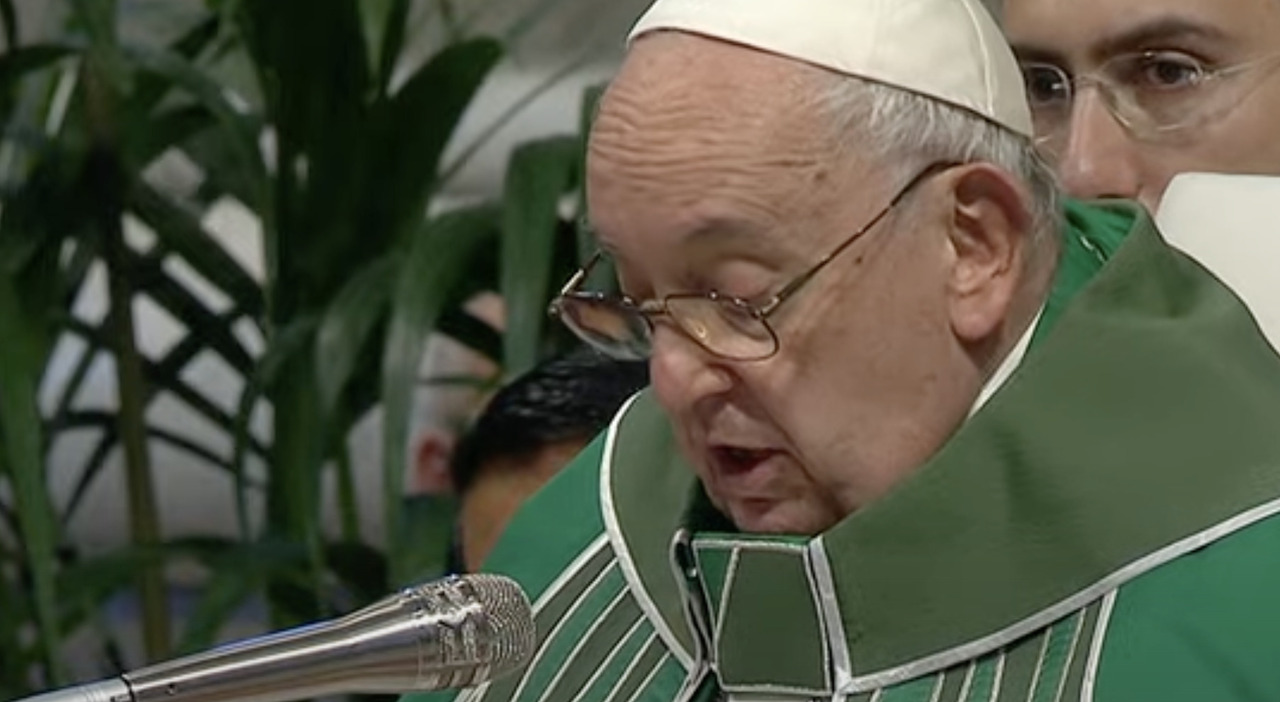Thursday 2 May 2024, 12:11
Sister Jeannine Gramick's enthusiasm lasted only a few months, one of the most popular figures in the United States, considered by the LGBTQ+ community as a kind of Mother Teresa, a saint, an angel. Sanctioned in her time by Ratzinger for her pastoral work on the gender cause, the co-founder of New Ways Ministry had been received and rehabilitated by Francis last year during the synodal works. However, her joy literally faded when she read the latest document promulgated by Bergoglio, Dignitas Infinita, in which, in some passages, the gender theory is unequivocally condemned.
Pope Francis: "A Christian without courage who does not bother anyone is a useless Christian."
In a lengthy article published in some Catholic magazines, Sister Jeannine admits the great disappointment. "I felt very sad when the Vatican Dicastery for the Doctrine of the Faith promulgated Dignitas Infinita. I felt immense pain among the LGBTQ people and their families and friends. This document states many beautiful and essential truths, but the section on gender theory, which condemns the 'gender ideology', is harming the transgender people I love."
The combative Sister Jeannine thus took pen to paper and wrote to Pope Francis, and he replied by stating that transgender people and ideology are different matters. Here is what he wrote: "Gender ideology is something different from homosexual or transgender people. Gender ideology makes everyone the same without respect for personal history. I understand the concern for that paragraph in Dignitas Infinita, but it does not refer to transgender people but to gender ideology, which cancels differences. Transgender people must be accepted and integrated into society."
Sister Jeannine pointed out, addressing the Pope, that "gender ideology" has a different meaning. It does not imply canceling or not respecting differences. "On the contrary: those who use that term do not consider or respect a person's gender history and experience. I believe that people who use the term gender ideology probably have never accompanied transgender people."
The nun told Pope Francis that, many years ago, she could not understand why some transgender people sought "sex change interventions," a term used in Dignitas Infinita even though healthcare providers call them "gender-affirming medical interventions." The nun wonders: "How does it feel to live in a body with an identity contrary to how you believe God created you in your soul? (...) The Church should help to remove the pain so that the person can become one in mind and body as God intends. If it is in the body that each person recognizes themselves, as stated by Dignitas Infinita (paragraph 60), what a heavy burden the Church is placing on the person who does not recognize themselves in the body of their birth!"
In summary, Pope Francis is rightly concerned that society does not make everyone the same without respect for personal history. But in our culture, the American nun reiterates, those who use the term "gender ideology" do just that by not accepting the differences in how people perceive their gender identity. People who use this term thus make everyone the same, not respecting the individual and personal stories of people. Oh, what a big problem we have when the same words mean different things to different people!
© ALL RIGHTS RESERVED
This article is automatically translated
